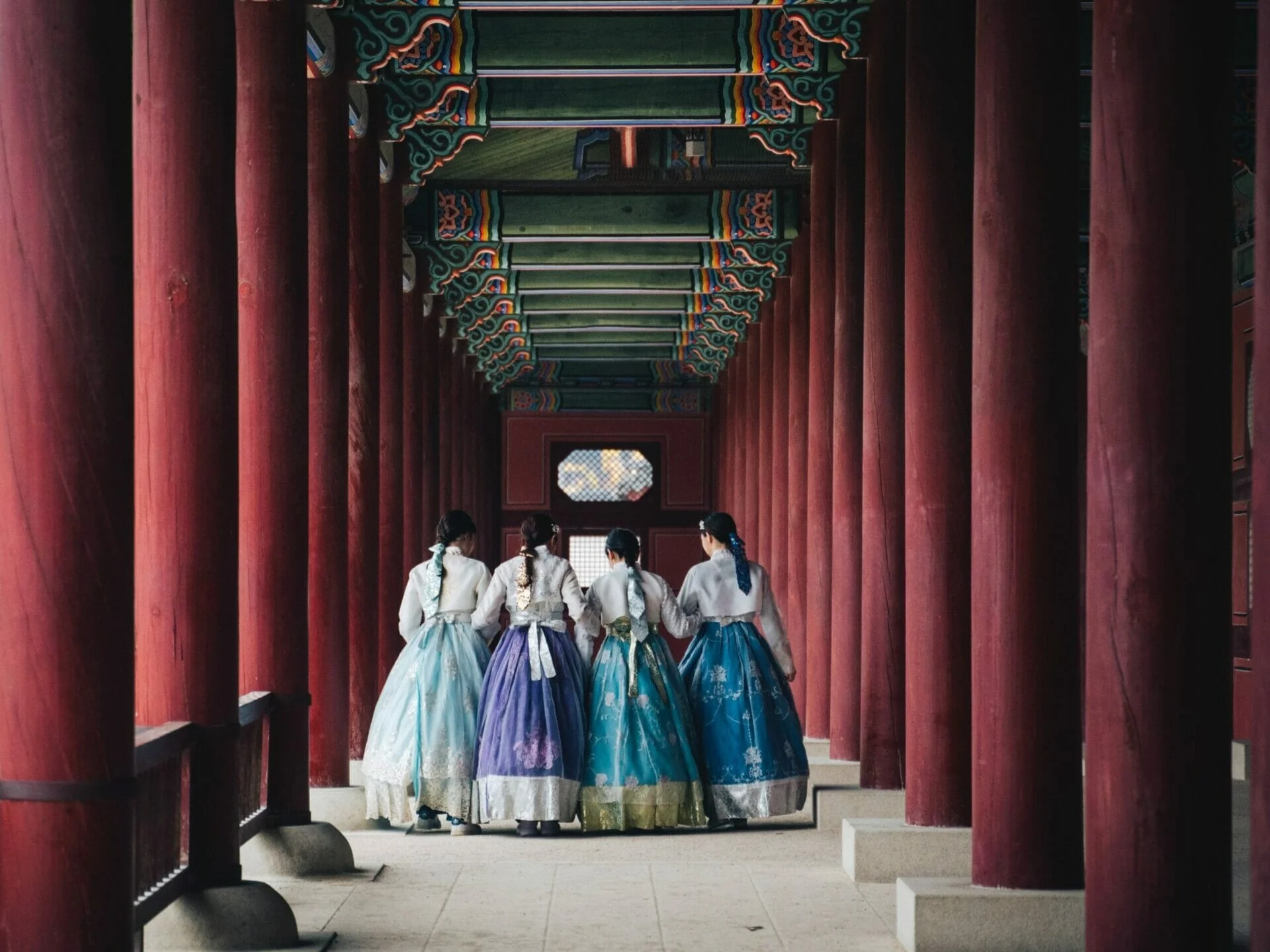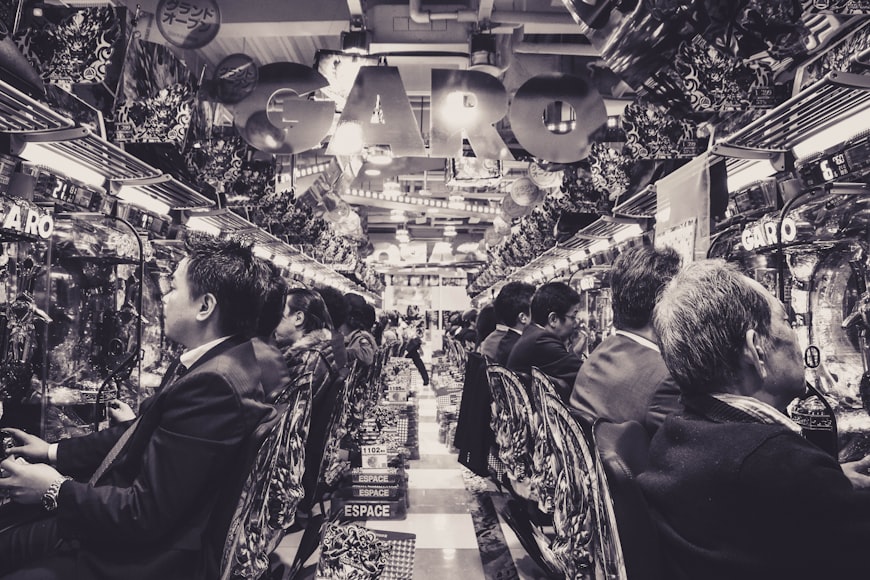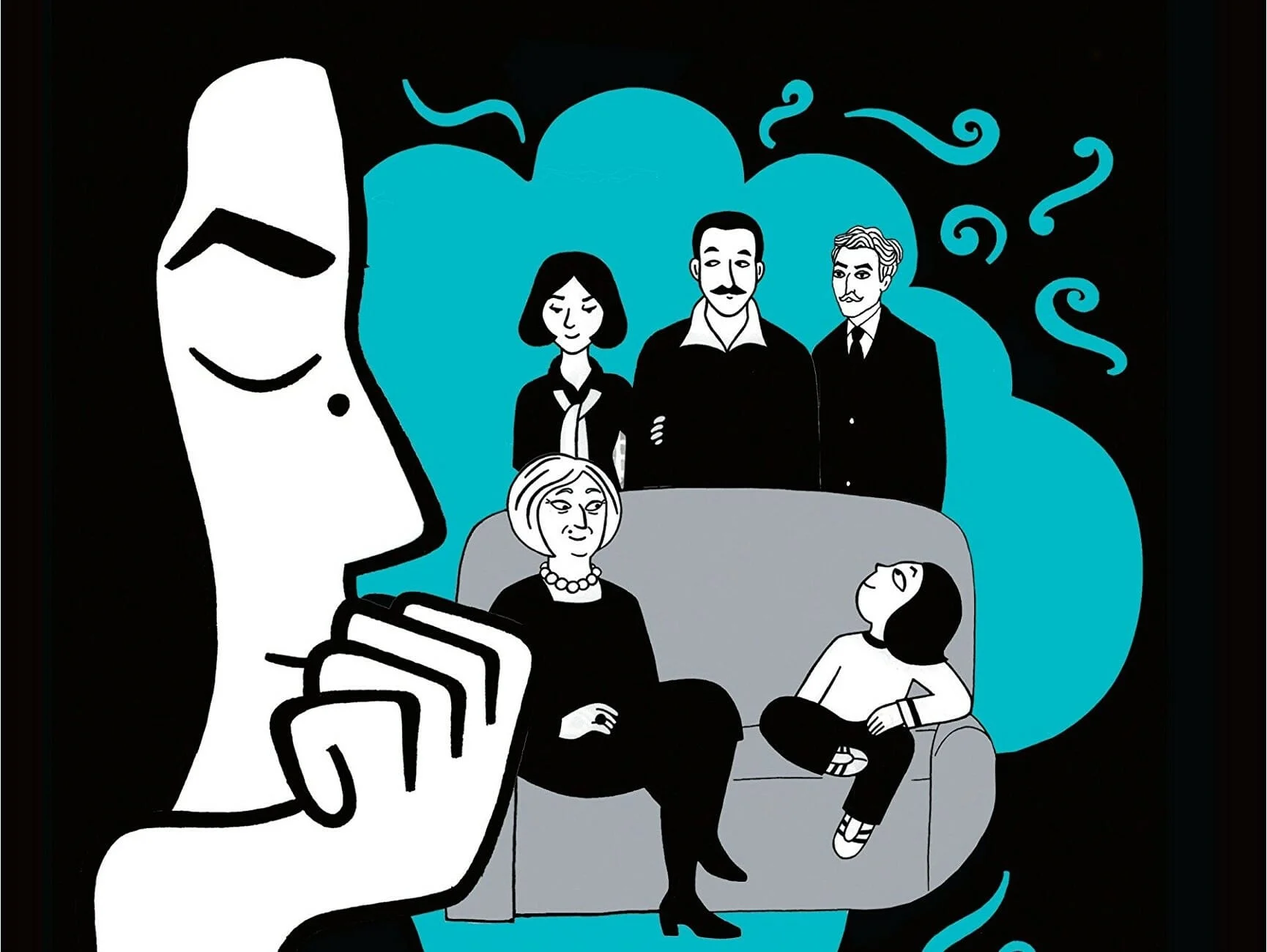
Pachinko | The history of the forgotten
Author
Format
Length
History has failed us, but no matter.
Often only recording pivotal figures, History doesn’t take into account the experiences of the ordinary people who still have to function through the crises. Despite their losses and their sufferings, they continue to live their lives and make the best of things. Such is the take of Korean-American author Min Jin Lee. Her opening phrase, which doubles as a thesis statement, sets her intentions for Pachinko (2017), a novel that is ultimately a tribute to the resilience of those forgotten by history.
A pachinko is a Japanese pinball game where one can gain money if they can achieve victory. But to win these rigged games, the players need a combination of luck and skills. As such, the book title is a metaphor for the story of its characters: through luck and hard choices, they try to carry on with their lives.

A family saga
Pachinko spans over almost a century and follows a Korean family over four generations from Korea to Japan. In the early 1900s, Sunja, the only daughter of a poor boarding house owner, becomes pregnant. Discovering that the future father of her child is already married, she refuses his offer to take care of her. Instead, she accepts a marriage proposal from Isak Baek, a Christian minister wishing to offer her a chance of salvation. She then follows her husband, a man she barely knows, into her new life in Japan.
The novel tells, in three parts, the story of the Baeks as they learn to survive, and then live, in a country where they are extremely prejudiced against. The characters are constantly reduced to their Korean identity, although some of them had never set foot in Korea. Pachinko is about finding a home when dealing with expulsion and migration. It shows how one can grow roots, not into a place, but into a family.
This is something Solomon must understand. We can be deported. We have no motherland. Life is full of things he cannot control so he must adapt. My boy has to survive.
The New York Times dubbed Pachinko as one of the ten best books of 2017, and the novel became a finalist for various awards, including the 2017 National Book Awards for Fiction and the 2018 Dayton Literary Peace Prize. Apple TV adapted the novel into a TV Series that started airing in March 2022.
Japan and Korea’s troubled history
The 20th century was a turbulent one for East Asia, and Pachinko shows its characters surviving through its numerous hardships. In 1910, Korea is annexed and becomes a colony of the Empire of Japan. In 1931, Japan conquers the Chinese region of Manchuria and in 1937 it invades China, leading to the Second Sino-Japanese War. These events, along with the Great Depression, reduces Korea to dire poverty. Many Koreans, like the Baek family, move to Japan in hope of finding work and leading a better life. Unfortunately, although there are more job opportunities, the living situation is no better there due to open discrimination and racism.
In 1941, with the Pearl Harbor attack, Japan enters World War II and launches offensives against the Allied forces in Asia. In 1945, the United States drops nuclear bombs on the cities of Hiroshima and Nagasaki. Japan’s surrender at the end of the war ends its colonial rule of Korea. As a result of the cold war, the Soviet and American armies occupy Korea, and separate the country in two. This division becomes permanent after the Korean War and still exists nowadays.

An ordinary story
Lee keeps these major historical events in the background of her story, only mentioning them through the impact they have on the Baek family. For instance, one of the characters is badly wounded during the Nagasaki attack. Yet, the actual bombing is barely discussed, and the episode is summarized in two sentences:
A bunker had shielded Yoseb from the worst, but when he finally climbed out to the street, a burning wall from a nearby wooden shed struck his right side, engulfing him in orange-and-blue flames. Someone he knew from the factory floor put out the fire, and Hansu’s men found him at a pathetic hospital in Nagasaki at last.
Instead, Lee chooses to focus on how his new condition affects him and those around him. She carefully describes the way he grows more observant, or how he now became a person capable of hating others.
Lying on his back, Yoseb stared at the barn roof. Jagged slats of light broke through the beams. Column slivers of dust floated upward in diagonal lines. Before the fire, he had never noticed such small things; also, he had never hated anyone.
Above all, Pachinko is the story of a regular family who tries to survive through tough times. It is not about grand historical events and act of heroism. It focuses on more intimate matters, the small choices or sacrifices one must make.
The multiplicity of points of view
One of the characteristics of Pachinko is its omniscient narrator. Lee dives into the psyche of many of her characters, sometimes minor ones. She describes their thoughts, their problems, and their needs. As she explains in an interview,
In realistic fiction and especially in a book-length work, characters cannot exist alone, and certainly they are never in a vacuum. Naturally, the interplay of characters in setting and time affects both plot and characterization. There are major plot lines, but minor plot lines should offer critical support to the story. If history so often fails to represent all of us, it is not because historians are not interested, but because historians often lack the primary documents of so-called minor characters in history.
“A Conversation with Min Jin Lee”, an interview included at the end of Pachinko
Lee’s approach is similar to that of Vietnamese artist Dinh Q. Lê who weaves, literally, multiple points of view into his pieces on the Vietnam War. Through his technique, he invites his spectators to take into consideration every perspective in a story. By giving a complex and nuanced portrayal of her characters, Pachinko reminds readers to not reduce people to a simplistic representation. Koreans are not only lazy criminals, Japanese people are not only cruel racists, and those who suffered wars and discrimination should not only be defined by their victimhood.
The importance of literature
Learn everything. Fill your mind with your knowledge – it’s the only kind of power no one can take away from you.
This is the advice that a Korean father gives his child, a student of a prestigious Japanese university. Such is also the advice given by Lee to readers. Her book is a mine of information on a part of history that is poorly known in the West. It took Lee three decades of research, writing and rewriting to publish it. In a way similar to journalists or social scientists, she combined academic readings, analysis of first-hand sources and interviews with Japanese-Koreans. The result is a work intertwining beautiful storytelling with deep political themes such as racism, generational trauma, or the sufferings of womanhood. Through fiction, she brings to light the harsh reality many Koreans faced in that era.
Because art is subjective, it can touch people more directly than history books or newspaper articles. This is why it can be a powerful medium to bring light to an issue or an event. For instance, Malian-Ivorian singer Fatoumata Diawara use music to educate people on women’s issues. Lee’s novel has a similar purpose, to create empathy. In an interview with The Atlantic, she argues that literature is the best medium for it:
I’m interested in creating radical empathy through art. I think literature is especially good at awakening that part of our capacity. […]. If I can get you to participate in this world I’ve created for 10 or 20 or 30 hours, you start to see things differently. You start to participate in the struggles of people like Sunja. And as you begin to care about her husband, about the fate of her children—all of a sudden, these people you’re reading about are not just “some Koreans,” a faceless group of politically oppressed immigrants in Japan. They’re people.
Tag






